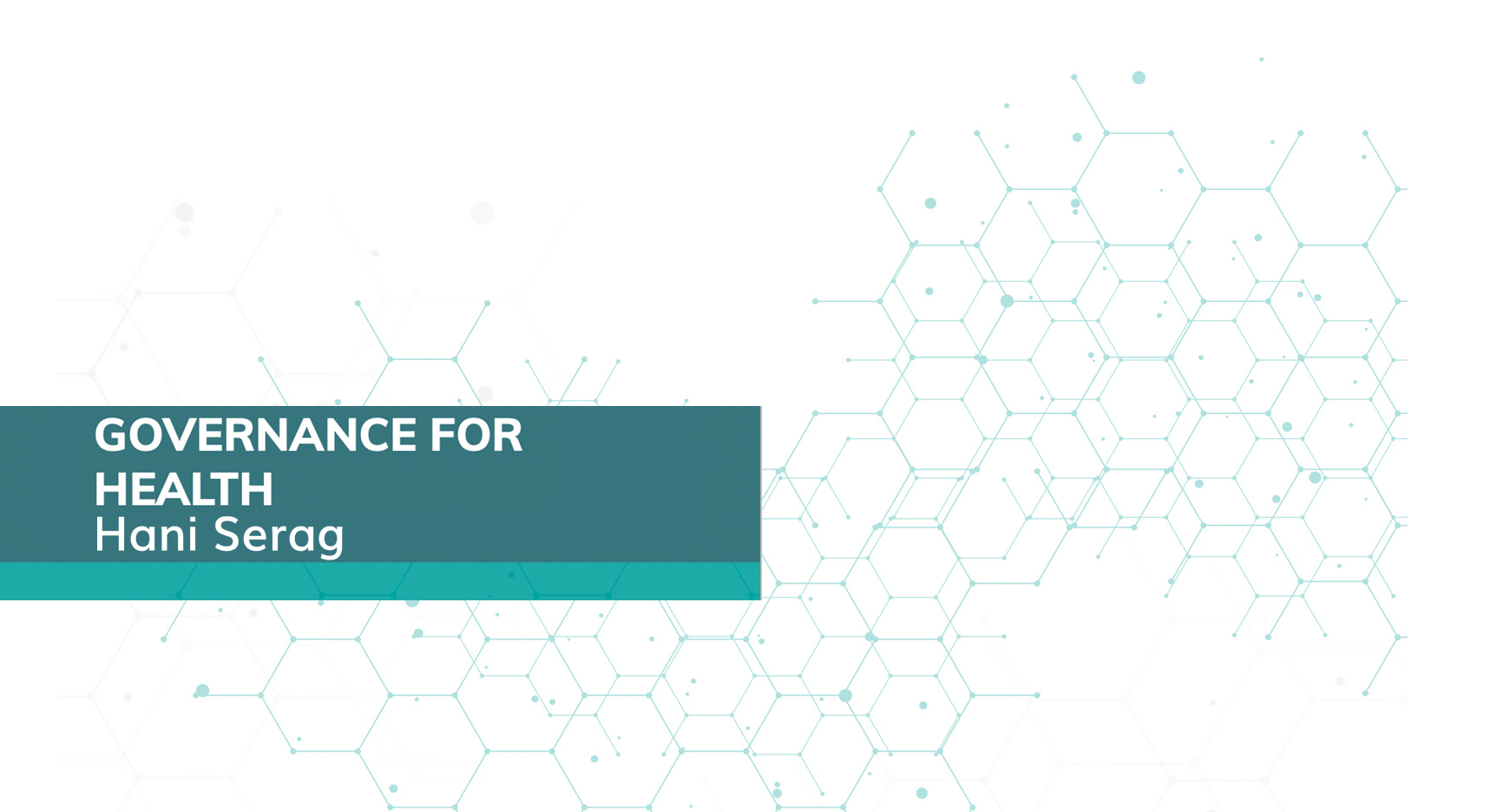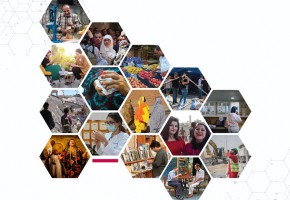
Governance for Health - Hani Serag - please click here to download the full report
This is part of the Arab Watch Report 2023 on Right to Health.
Introduction
The conceptual framework for action on the social determinants of health of the World Health Organization (WHO) recognized ‘governance’ as one of the main components that shape the socioeconomic and political context that, in turn, determines the socioeconomic position of individuals and communities and thus their access to conditions for health (Solar & Irwin 2010). Major components of governance, including influential actors (decision-makers) and decision-making processes and procedures, change over time following a change in the nature of societies and governing bodies and change in dominant ideologies, dominant economic policies, and power dynamics (Kickbusch & Gleiche, 2012; Bennett et al. 2012). During the last few decades, governance for health changed from state-driven decision-making dominated by governments and using constitutional and legislative platforms at the country level and multilateral organizations at the international level to multi-stakeholder decision-making. Those stakeholders included market disciplines and corporations representing the domination of neoliberal economic policies. The change in governance for health was also associated with a more significant role for monetary institutions like the International Monetary Fund (IMF) and the World Bank (WB) over the United Nations specialized health organization, WHO. At the national level, ministries of finance gained greater influence on health policies than ministries of health – here, referring to health policies in a broader sense and not just health budgets.
The current paper is an attempt to highlight the linkage between governance for health and the change in dominant economic policies during the last five decades. It will also provide definitions and identify the influential actors in global and national health decisions and discuss how they practice their influence. The analysis in this paper is supported by some case studies from the Arab region.
Hani Serag
Please click here to download the full report
Recent publications

ANND Newsletter January 2026 - From Davos to the UPR: Between Promises, and Accountability
Related publications


